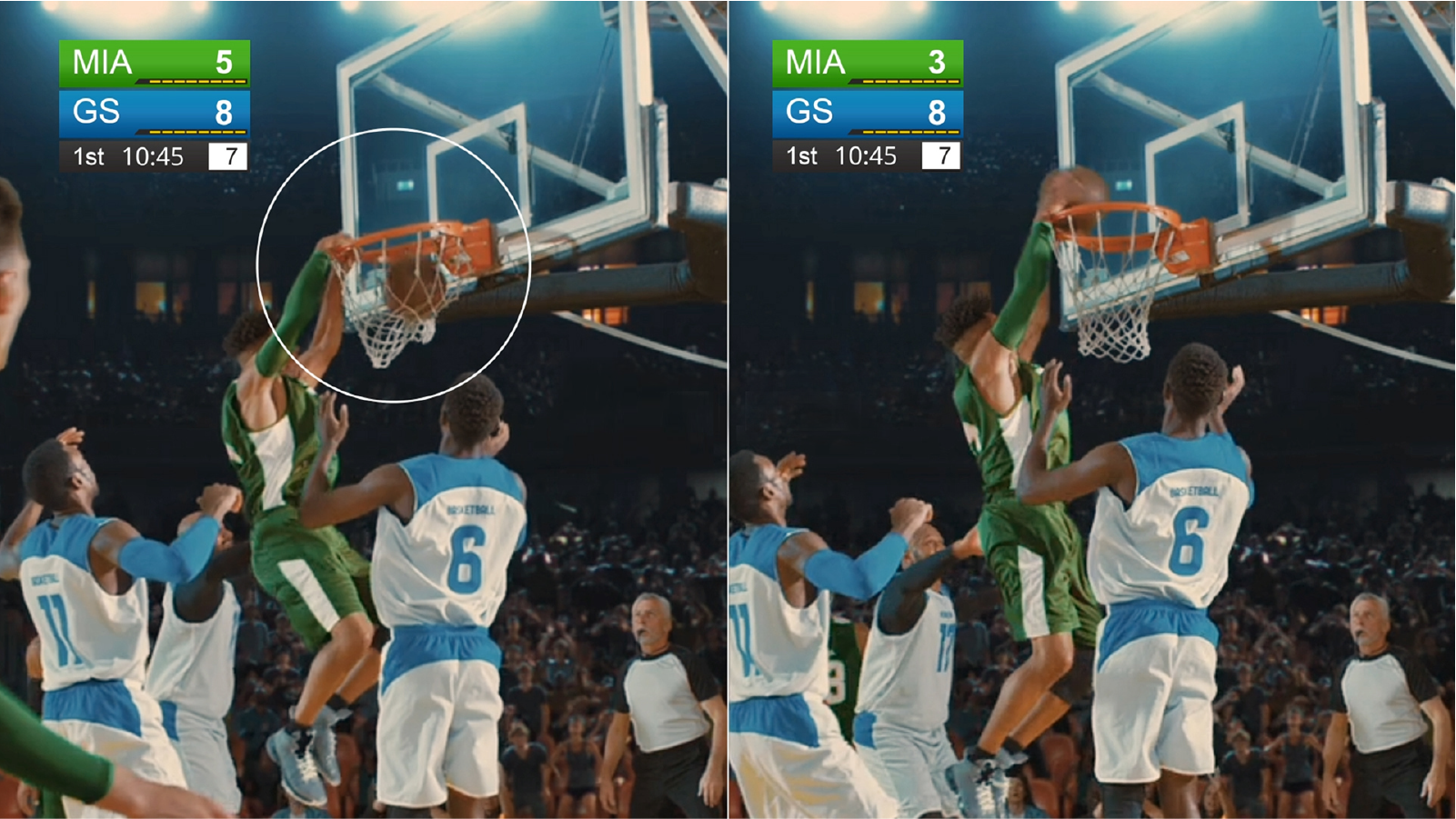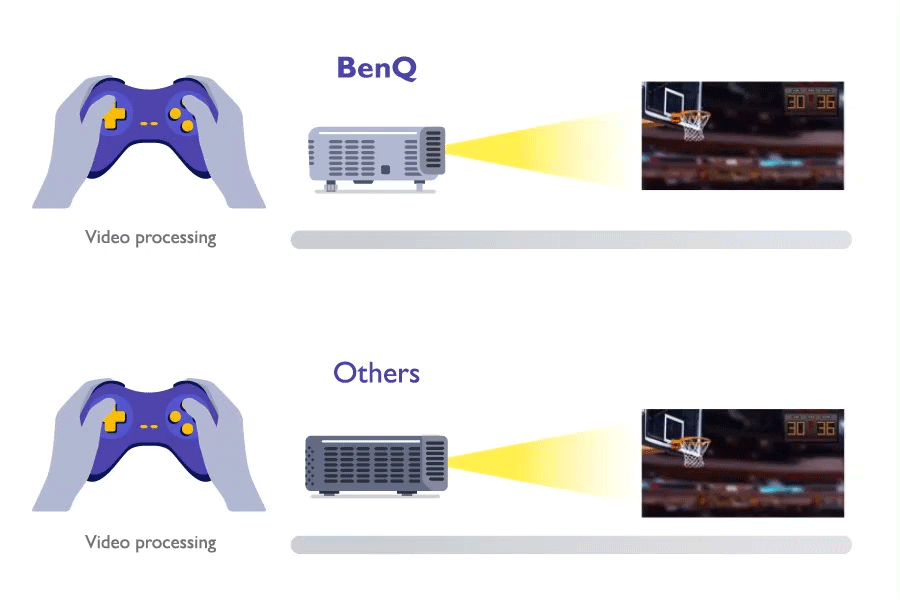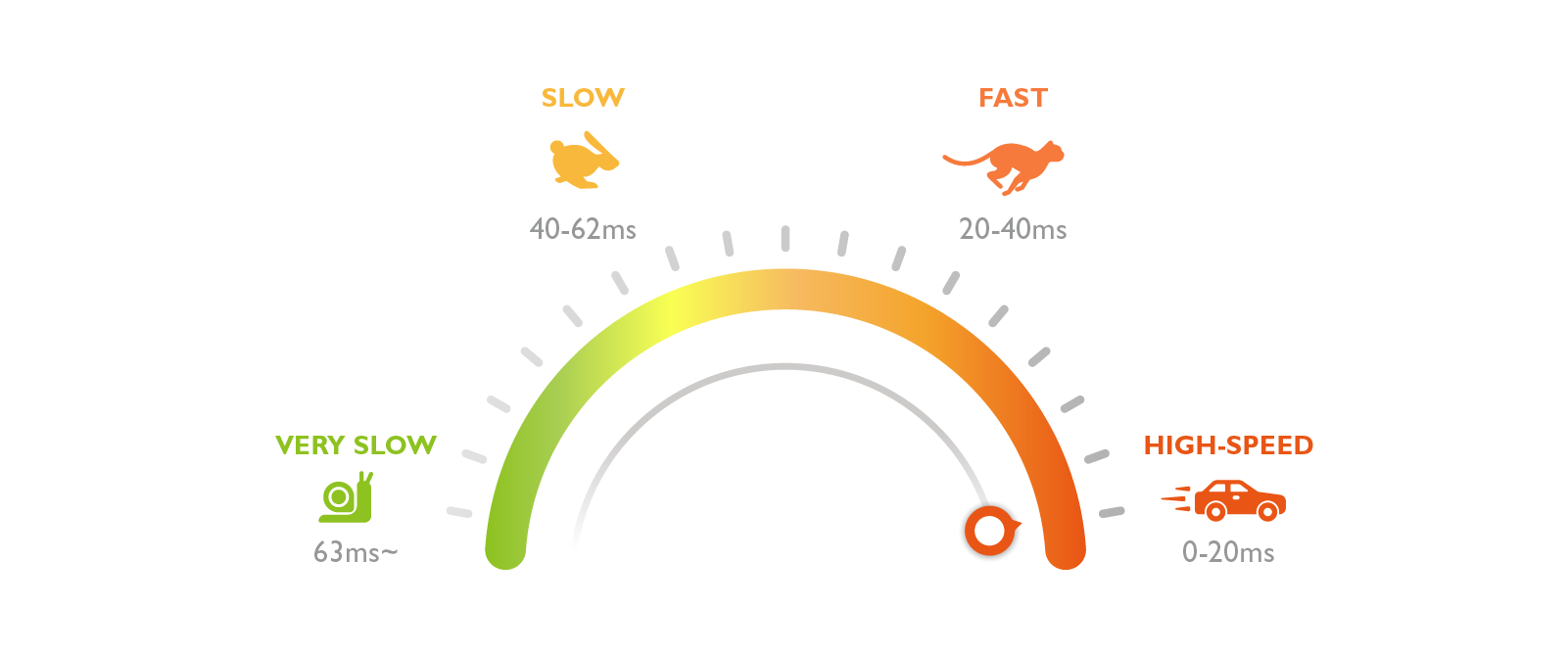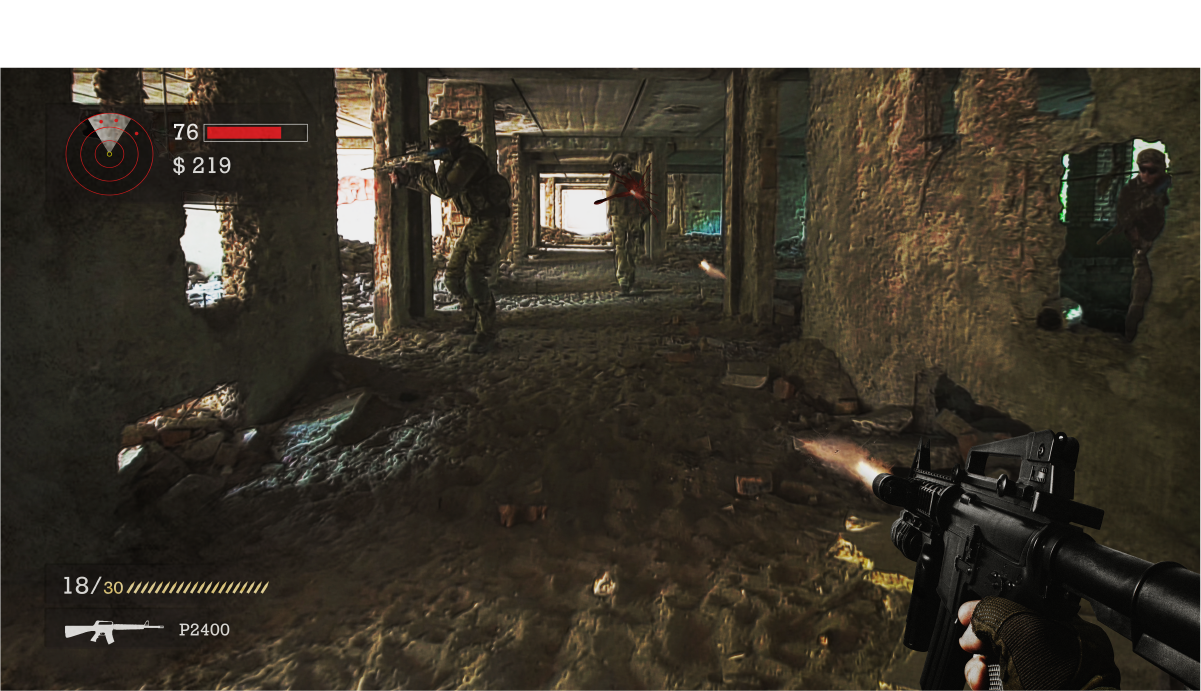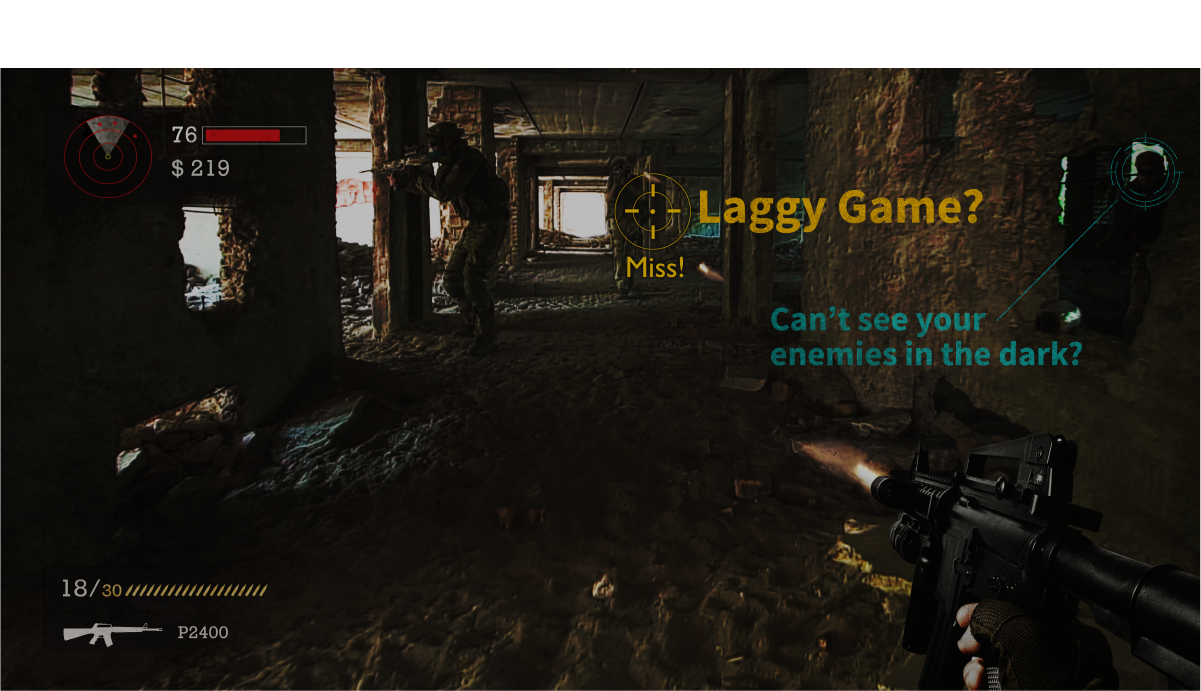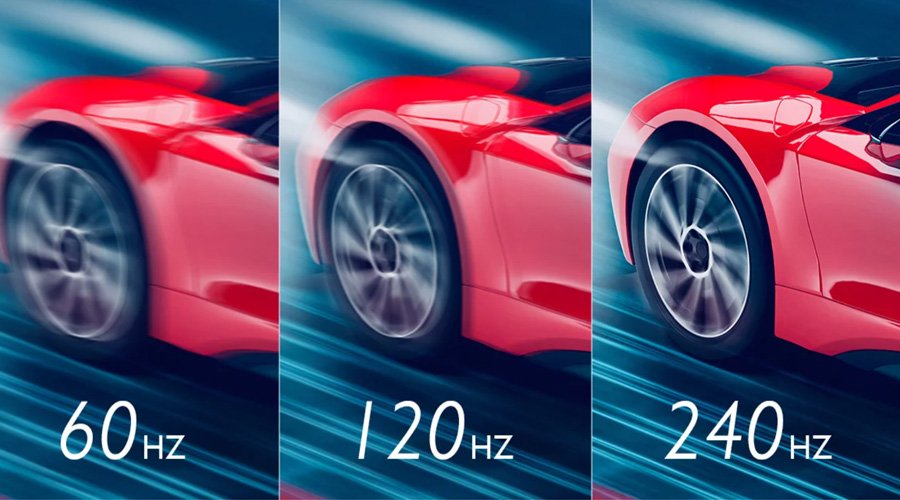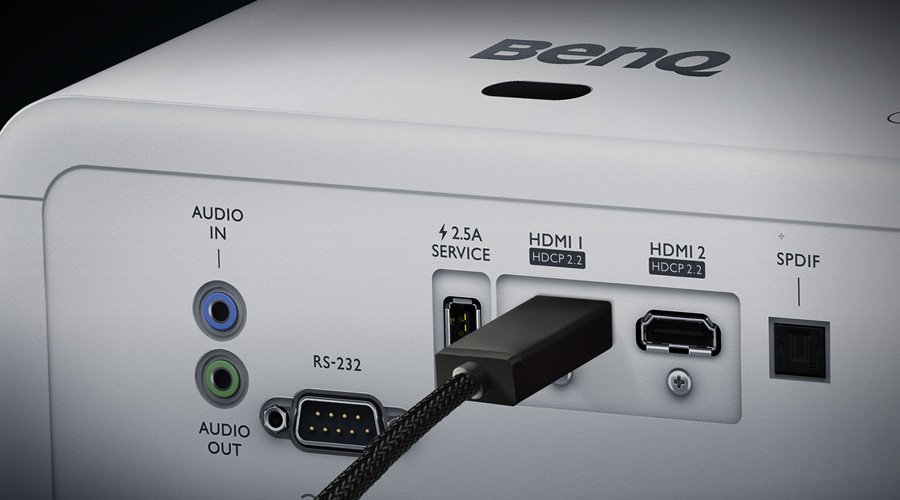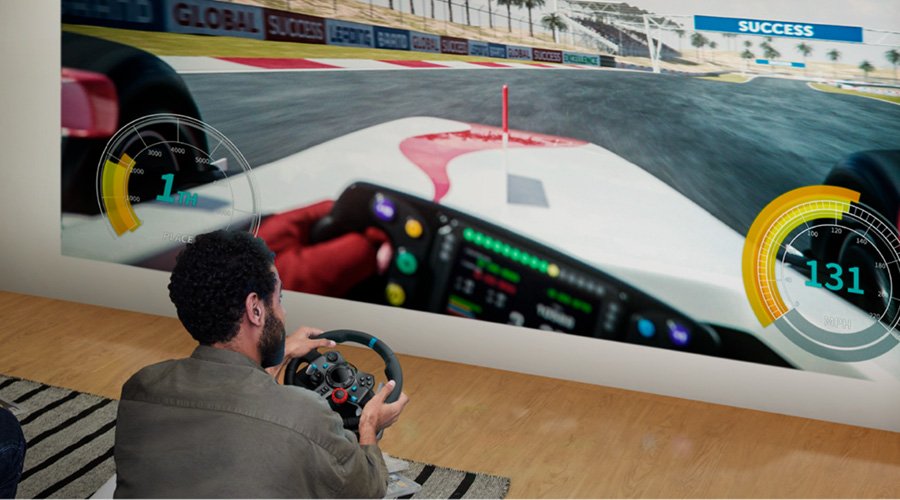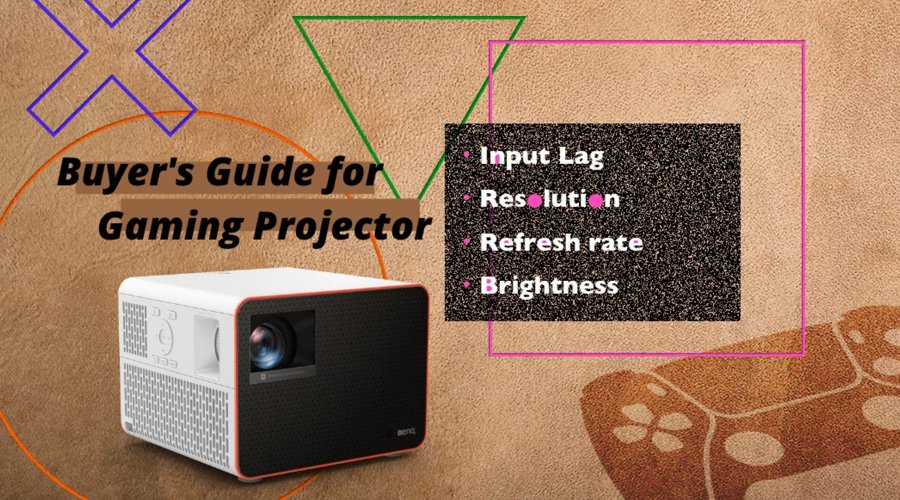All display systems, even 1ms gaming monitors, have some degree of input lag. However, the performance of today's gaming projectors is constantly improving. As gaming projectrs become faster, input lag becomes less and less significant.
For serious gamers, success boils down to the split-second decisions you make on the fly. Because of this, gamers need to ensure that nothing gets in the way of their decision making, including the gear they use for their gaming setup. From accessories to hardware, hardcore gamers are already accustomed to seeking out the highest performing equipment they can find, and the same goes for their display solutions.
When it comes to gamers who are seeking out a more immersive experience though, there has been a growing movement away from traditional TVs/displays in favor of gaming projectors. For these gamers, when looking for the ideal projector one of the main criteria used to judge the performance of a projector is its input lag.
But what exactly is input lag? How do you measure input lag on a projector? How can you reduce input lag on your projector? Is input lag the be-all and end-all for judging the performance of a projector? These are the questions this article will seek to answer.
